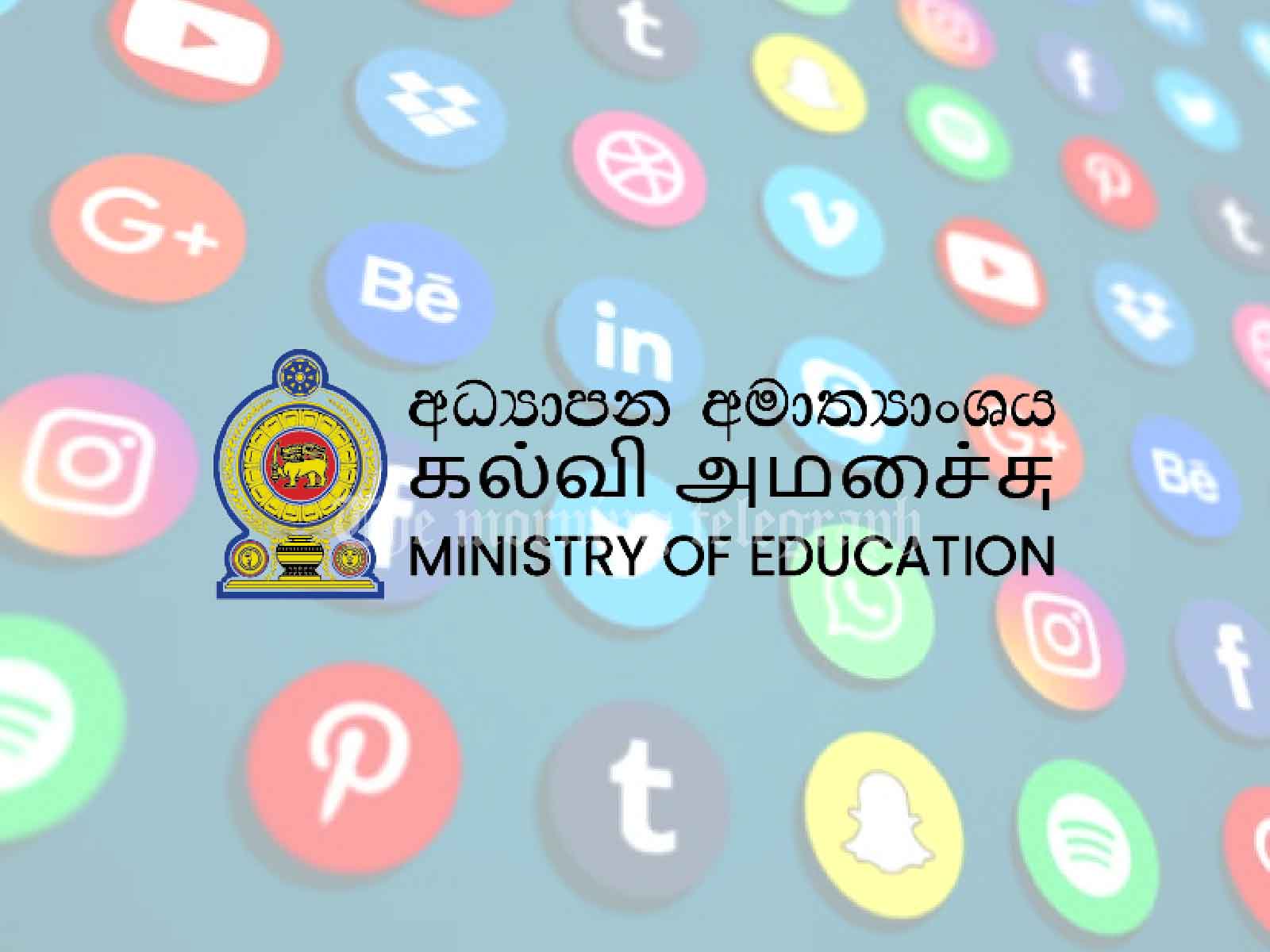
The Ministry of Education in Sri Lanka has released a new circular directed at school principals and educational authorities to curb the negative impacts of school social media groups, such as those on WhatsApp, Viber, and Telegram, which became popular for learning support during the Covid-19 pandemic. Issued by Education Secretary J.M.T. Jayasundara, the circular addresses the use of these platforms for educational purposes, emphasizing the importance of maintaining quality and supervision.
Key directives include a prohibition on using these groups to cover the syllabus or assign homework. Instead, teachers are urged to focus on in-class instruction, ensuring that homework and assignments are explained thoroughly during school hours, so students do not rely on these online groups for additional instruction. Additionally, the circular mandates that all school-related social media groups must be managed by school officials—principals, deputy principals, assistant principals, or departmental head teachers—as group administrators to maintain oversight.
The Ministry also highlights the need to ensure that students without access to technology are not disadvantaged, urging educators to adopt inclusive teaching practices. Parents should receive sufficient time and structured communication plans regarding the materials their children need to bring to school, minimizing reliance on social media for regular instructional updates.
In a strong privacy-focused directive, the Ministry prohibits sharing any messages, photos, videos, or other content that might harm students’ privacy or mental well-being. If such incidents occur, the Ministry has committed to strict disciplinary actions. Moreover, administrators of informal school-related groups are held fully accountable for any reputation or legal issues arising from these groups, with the Ministry warning of possible legal action under the country’s Information Communication Act if any reputational damage to the school or its community results.
This circular represents a shift in policy aimed at restoring a structured, school-centered learning environment, while safeguarding students’ privacy and mental health in the digital space.






